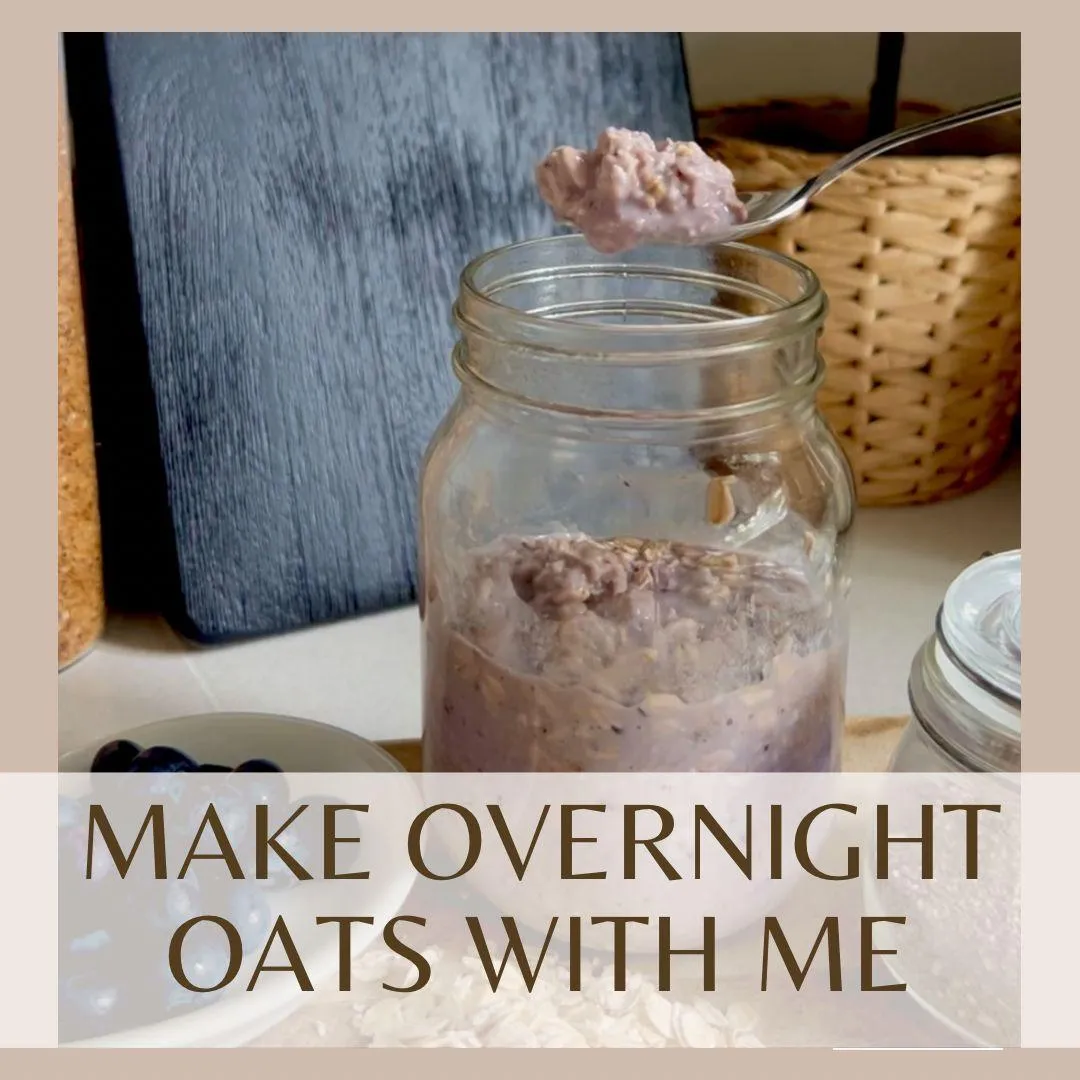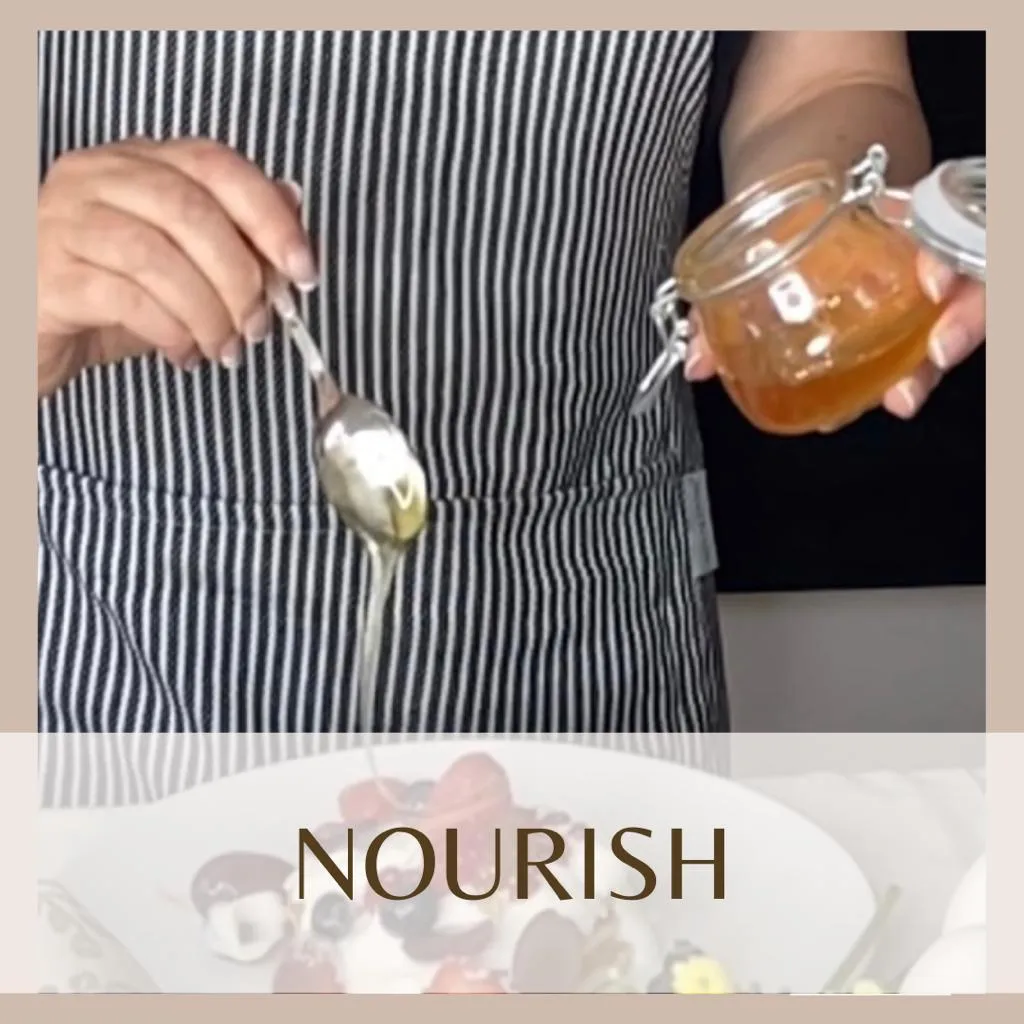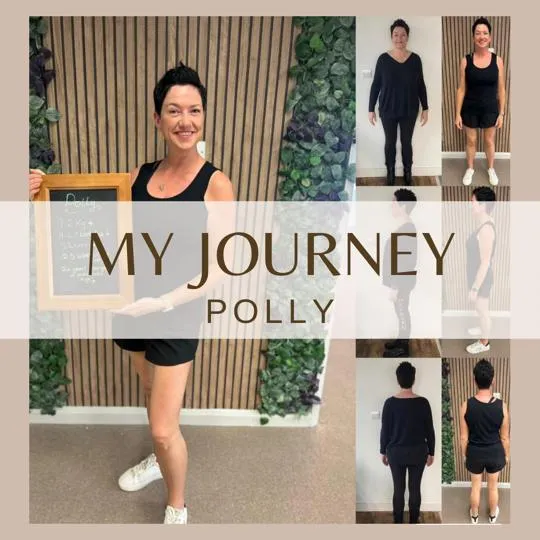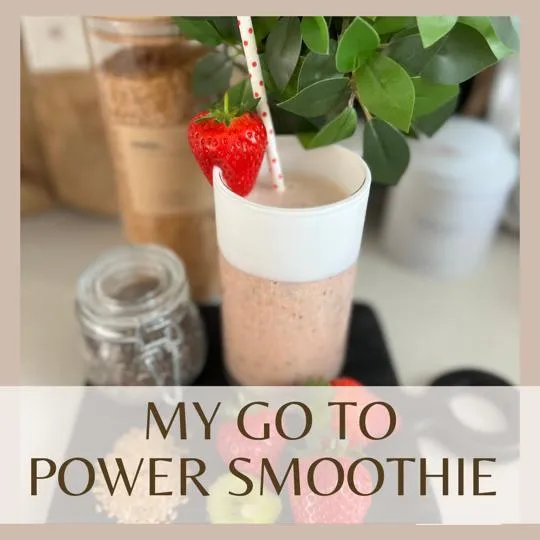Welcome...
Grab a cuppa and browse the library
Welcome...
Grab a cuppa and browse the library
Knowledge is Power
DIVE IN TO MY LIBRARY TO SEE HOW UNDERSTANDING MORE ABOUT FOOD & YOUR BODY, CREATES SHIFTS IN HABITS AND MINDSET

How To Become A Gut Gardener
Cultivate Your Gut - Improve your Health & Wellbeing
If you're following me on social media, you'll know I've been undertaking the ZOE Program. I first heard of Zoe from following one of its founders, the highly respected Tim Spector, Professor of Genetic Epidemiology at King’s College London, director of the Twins UK study, one of the world’s leading researchers into gut microbiome, and author of 'The Diet Myth'.
He has become somewhat of a hero for me in my quest for answers and remedies for my IBS-C, at a time when information about the illness wasn’t so readily available.
Zoe, meaning ‘Life’ in Greek, was born three years ago and is revolutionising the world of nutrition and health, by testing and analysing participants' unique responses to food, specifically blood glucose, fat and our gut microbiome.
In doing so, it supports the fact that ‘one size doesn’t fit all’ when it comes to diets, we all respond to, process and metabolise foods differently. Something those who struggle to lose weight have felt for years.
The program combines ‘large-scale human studies with machine learning technology, microbiome sequencing’. Plus, participants' results are continuously informing scientific research, in what has become the largest study in the world. Exciting hey!
I’m now in the third part of the program, which I’ve been eagerly anticipating because it’s all about our gut microbiome. As an IBS sufferer, anything that helps improve or shed light on the health of my gut is really important. The initial tests included sending off a stool sample, which I’ve yet to have the results back from,
Truthfully, I’m not expecting my microbiome to be very good, but not for a lack of trying. I do eat a large variety of fruit and veg, but my condition limits me from many of the recommended sources for a diverse microbiome, because often some of the most wholesome foods are the very ones that make me poorly. A real catch 22, that I continue to seek the optimum balance to.
So, until the results are in, let’s dive into some learning together.
What is microbiome?
Our gut - specifically our lower intestine - is like a garden that’s either a meadow with an abundance of wild flowers (bacteria), one full of weeds, or a combination. The variety is totally unique to each of us, even in identical twins - as discovered by Tim some 25 years ago during his group breaking study of 13000 identical twins.
Why Is A Healthy Gut So Important?
Gut health is linked to our general health, mental health and immunity. Through research, Zoe has linked 30 key bacteria with health markers that include our metabolism, blood fat, body fat, weight and heart disease risk (published in Nature Medicine).
For example, they have identified that:
Firmicutes CAG:170 is associated with lower levels of toxic visceral fat and lower risk of heart disease.
Bifidobacterium Animalis is associated with higher insulin sensitivity and helps protect the gut barrier.
But these guys are not so appealing:
Ruminococcuc Gnavus is linked with higher levels of visceral fat and lower levels of good cholesterol.
Clostridium Leptum is also linked with higher levels of visceral fat and lower polyunsaturated fat stores.
When I receive my test results I’ll find out if I have more of the first two and less of the bottom too, as would be associated with a healthier gut.
Can You Improve Your Gut Microbiome?
Absolutely! And in a relatively short space of time. Assuming no underlying health issues exist, eating a ‘rainbow on your plate’, full of fruits and vegetables helps gut microbiome to flourish.
Diet diversity is key, as different bacteria prefer different types of nutrients. The wider the variety, the more diverse our microbiome will be in supporting heart and brain health, our immunity and our metabolic health (how we metabolise foods to release energy to fuel us, or store as fat).
Conversely a lower gut diversity is linked with obesity, diabetes, eczema, digestive issues like celiac and inflammatory bowel disease.
It’s worth noting that a course of antibiotics wipes out our microbiome, however, it is restored relatively quickly with the rainbow approach.
What Are Pro/Prebiotics?
Probiotics are the live microorganisms that live in our gut, made of bacteria, fungi and viruses.
The most common probiotics typically include:
Lactobacillus and Bifidobacterium, which are usually added to yoghurts and cheese, as well as found naturally in fermented foods like kefir, kimchi and kombucha.
Prebiotics are types of fibres that feed the bacteria - think of these as plant food and fertiliser for our gut garden.
The Takeaway (no, not that sort of takeaway!)?
We really are what we eat and our gut garden needs to be nourished, watered and catered for to thrive. When our guts are thriving we have the best chance of optimal health outcomes.
If you’re excited by the ZOE program, you can get a bump up the waiting list via my invitation link below (note the wait time may still be a few months, so if you’re keen, don’t delay). Find Out More

© 2025 All Rights Reserved
Legal Information
Medical Disclaimer
Please note, we are not medically trained and information within this website is not to replace the medical advice of your GP or medical practitioner.
If you are taking medication or under medical supervision, please consult your health practitioner before making changes to your diet or taking any food supplement.
About This Site
This individual website belongs to Polly Gibbs who is independently responsible for the fulfilment of any orders placed.
To contact Polly please complete the form on the Contact page.
Trademarks and Copyright
Unless otherwise stated all trademarks, registered trademarks and product brand names are the property of Polly Gibbs.
Legal Statements
Please consider the following statement regarding weight loss used on the site.
THRIVE! programmes are effective when used in conjunction with a healthy lifestyle. Note that weight loss will depend on your personal metabolism. Outcomes are based upon, amongst other things: a balanced healthy diet, regular exercise, an adequate daily fluid intake, appropriate supplementation, reduced stress and sufficient rest. The information and programmes on this site are not designed to diagnose or treat any medical condition. The weight loss testimonials presented are applicable to the individuals depicted and are not a guarantee of your weight loss, nor are they necessarily typical.
Please note, we are not medically trained and this information is not to replace the medical advice of your GP or medical practitioner. If you are pregnant, taking medication or under medical supervision, please consult your health practitioner before making changes to your diet or taking any food supplement.
The contents of this website are for educational purposes and are not intended to offer personal medical advice. You should seek the advice of your GP, physician, or other qualified health provider ,with any questions you may have regarding a medical condition. Never disregard professional medical advice or delay in seeking it because of something you have read on this website. Any products suggested or referenced are based on personal use.













